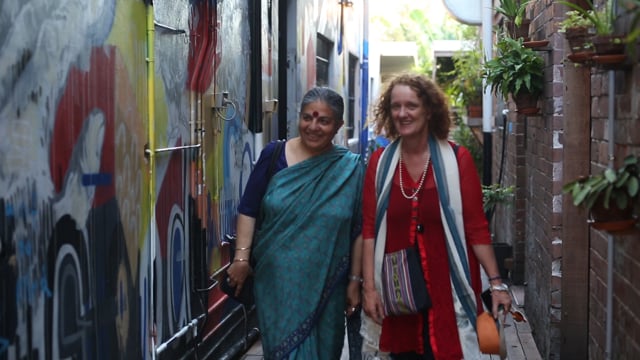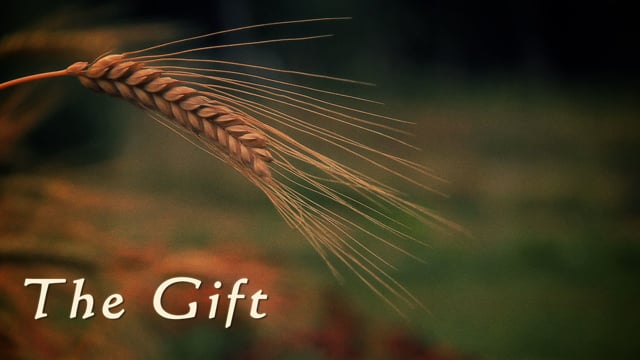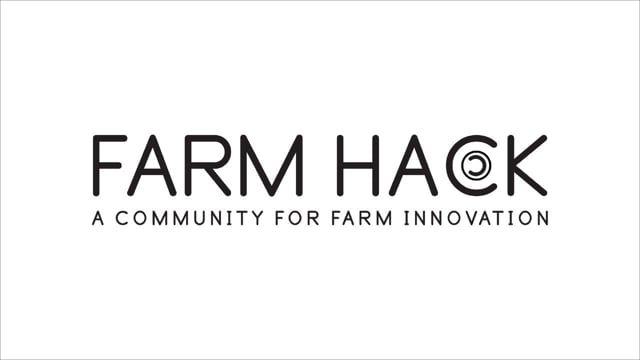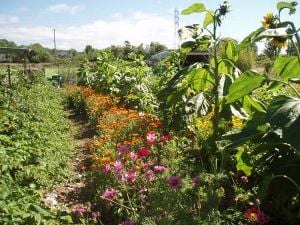
This article is an offshoot from Food activism and is for global or international resources in that context.
More video:
- GIY Together we Grow on youtube
- Farmin' in the HOOD on youtube
- What's wrong with our food system, Birke Baehr on youtube
- Queen of The Sun: What Are the Bees Telling Us? (Trailer), 2011, on youtube
Citizens data initiative[edit | edit source]
Global Open Data for Agriculture and Nutrition is an initiative that seeks to "support global efforts to make agricultural and nutritionally relevant data available, accessible, and usable for unrestricted use worldwide. The initiative focuses on building high-level policy as well as public and private institutional support for open data.
The initiative was launched in 2013, one year after the G8 summit in 2012 where G-8 leaders "committed to the New Alliance for Food Security and Nutrition as the next phase of a shared commitment to achieving global food security."
According to the Open Data Institute, farmers and other stakeholders on the agriculture supply chain can make more informed decisions resulting in improved yields and efficiency – from farm to fork, when they have free access to useful information on agriculture and nutrition. W / Global Open Data for Agriculture and Nutrition
Other data:
The number of chronically hungry people is expected to top 1 billion in 2009, up from 850 million in 2007.[1]
Why it’s green to be vegetarian: Farmed animals produce more greenhouse gas emissions (18%) than the world’s entire transport system (13.5%).[2]
How to's[edit | edit source]
- How to host: Stress-free communal eating, Wicked Leeks (May 15, 2023)
- How to set up a squash growing co-op, Shareable, Feb 25, 2019
- How to organise a Community Potluck, Network of Wellbeing,
- How to Create Your Own Seed Lending Library, Feb 23, 2011 @Shareable
- How to Host a Permablitz, July 29, 2013 on Shareable
Maps for community action[edit | edit source]
External linka
falling fruit – Map the urban harvest!
Food: An Atlas Download Food: An Atlas as an 84.5 MB PDF licensed under Creative Commons. Use and reuse the maps to inspire others with cartography. From Guerrilla Cartography.
Food insecurity and climate change metoffice.gov.uk
SHARECITY100, database of more than 4000 food sharing enterprises across 100 cities around the world, including Asia, Africa, Australia, North and South America, and Europe. The first major output of SHARECITY, a five-year research project at Trinity College Dublin, SHARECITY100 was created to assess the practice and sustainability potential of information and communications technology (ICT)-enabled food sharing within cities.
Policies[edit | edit source]
- A People’s Food Policy, a series of (UK) articles
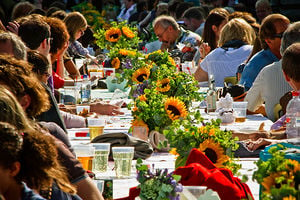
A comprehensive proposal for a more just and sustainable food system in England[3]
A ground-breaking manifesto outlining a people’s vision of food and farming in England that is supported by over 80 food and farming organizations. The report draws on 18 months of extensive, nation-wide consultations with grassroots organizations, NGOs, trade unions, community projects, small businesses and individuals. It has resulted in a set of policy proposals and a vision for change that is rooted in the lived experiences and needs of people most affected by the failures in the current food system.
A People’s Food Policy is an extensive report, extending to 100 pages across 9 thematic chapters covering governance, food production, health, land, labour, environment, knowledge and skills, trade and finance - each with an in depth analysis and policy proposals for transforming the food system in England. June, 2017
- Urban agriculture incentive zone in San Francisco
Inspiring quotes[edit | edit source]
"Eaters must understand that eating takes place inescapably in the world, that it is inescapably an agricultural act, and that how we eat determines, to a considerable extent, how the world is used." Wendell Berry[4]
Young and beginning farmers[edit | edit source]
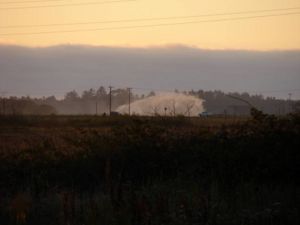
At the beginning of the 20th Century the majority of the population in developed countries were involved in agricultural production. By the beginning of the 21st Century less than 10% of the population in countries including the US, UK, France and Japan worked in agriculture. This situation is largely due to Green Revolution production methods, increased mechanization, consolidation of land holdings by large corporations, and decreased profitability of agricultural products. However, some counter-trends are beginning to make agricultural employment more appealing. These include concerns about the health and sustainability of synthetics-based agriculture, the food sovereignty and local food movements, and a passion for the work itself. Thus, there are now many individuals seeking to begin a career in agriculture that did not grow up in farming families.
These young and beginning farmers face a number of challenges to getting their careers started.
Other resources[edit | edit source]
- BFR Package Deal, a DIY kit for starting a bike-powered food rescue project.
- Creating a Community Polypod, Permaculture Magazine
- farmlandgrab.org
- Farm Hack / Farm Hack, an open source community for resilient agriculture
- Food Systems Academy, an open education resource to transform our food systems
- FoodTank.com, American non-profit organization focused on food sustainability and solutions to hunger, obesity and poverty. W
- Global Seed Network, free peer-to-peer seed sharing tool
- Growstuff, community of food gardeners. "We're building an open source platform to help you learn about growing food, track what you plant and harvest, and swap seeds and produce with other gardeners near you."
- Meat Atlas, Facts and figures about the animals we eat
- OpenFarm
- Open Source Seed Initiative, dedicated to maintaining fair and open access to plant genetic resources worldwide.
- PerfectPotluck.com, free tool for coordinating meals for groups
- Ripe Near Me, local food, home grown vegies, neighborhood fruit
- WeFarm is a unique peer-to-peer knowledge sharing platform for smallholder farmers. WeFarm users can ask and answer farming questions and share farming tips, via SMS or online, enabling farmers in rural areas without internet access to share information without having to leave their farm. WeFarm is built around the principle that rural farming communities in developing countries have generations worth of knowledge to share, but lack the tools to do so. It is therefore one of the few SMS and farming informations service based around peer-to-peer, crowdsourcing of knowledge. Users ask a wide range of questions regarding farming techniques and share information around business ideas, or how to improve livelihoods. W
See also[edit | edit source]
- Food activism
- Community action food projects
- Food news
- Food forest
- Food security
- Food Sovereignty
- Young and beginning farmers
- Portal:Food and agriculture
- Agroecology
- A People’s Food Policy, a series of (UK) articles
- Biodiversity
- Ethical consumerism
- Free stuff
- Localism
- Sharing
- Community land trust
local information and news can be found, or shared, via our many location pages
References
- ↑ Worldwatch Institute, October 1, 2009
- ↑ Vegetarian Society's Silent But Deadly campaign, launched in September 2007
- ↑ peoplesfoodpolicy.org
- ↑ farmerwu.wordpress.com
